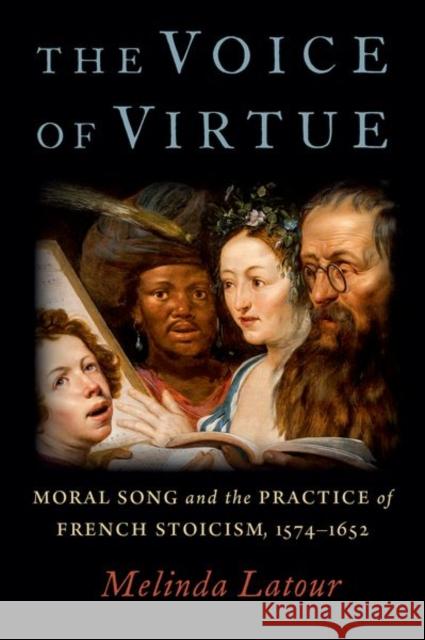The Voice of Virtue: Moral Song and the Practice of French Stoicism, 1574-1652 » książka
topmenu
The Voice of Virtue: Moral Song and the Practice of French Stoicism, 1574-1652
ISBN-13: 9780197529744 / Angielski / Twarda / 2023 / 328 str.
Kategorie:
Kategorie BISAC:
Wydawca:
Oxford University Press Inc
Język:
Angielski
ISBN-13:
9780197529744
Rok wydania:
2023
Ilość stron:
328
Oprawa:
Twarda
Wolumenów:
01
Dodatkowe informacje:
Bibliografia
Wydanie ilustrowane
Wydanie ilustrowane











